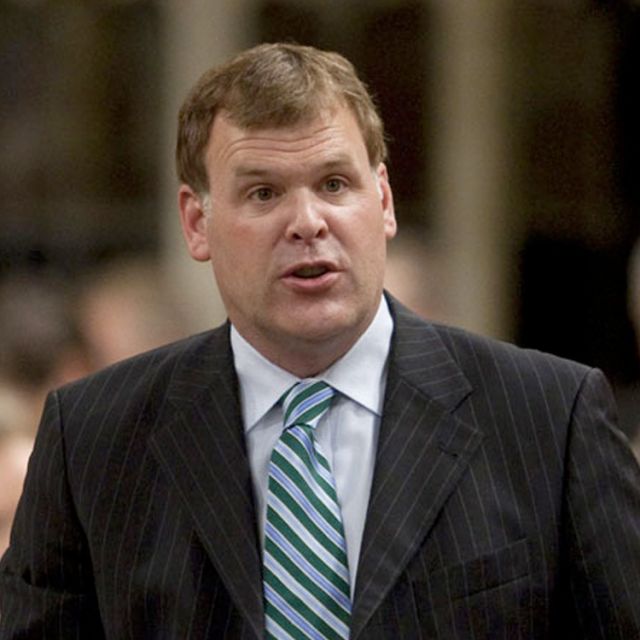“It’s time to put these past challenges behind us and move forward,” he said.
An editor at Cardus, a think tank that focuses on the importance of religion in civil society, said the developed West is defaulting now to either the government or the market, but neither can thrive without a robust civil society.
“There are values that markets can’t sell and virtues that governments can’t legislate,” said Rob Joustra, who is also a lecturer in international politics at Redeemer University College in Ancaster, Ont. “Both a market approach and the socialist government ideology will fail in the development of rights and democracy abroad.”
One reason Rights and Democracy “hasn’t lived up to its potential is that it ignored the very source, the very fountainhead of rights and democracy,” said Joustra.
While he admitted he did not have an inside view of the agency, there is a tendency in international human rights agencies to “export a set of abstract ideas about human rights, freedom of the press, freedom of association” to other societies without any understanding of where those ideas came from and what gives them force.
The freedoms Canadians enjoy “developed out of a specific Catholic and Protestant European context,” he said. These concepts and abstract ideas “need to be founded indigenously.”
In Islamic countries, for example, there is a need for progressive Islamic theology to support some of these rights, he said.
In Canada, as the foundation for our rights erodes, it seems the only reason people agree on these rights and freedoms “is because the state forces us,” he said.
“In a society, it can’t simply be the state’s job to enforce these things in a coercive sense,” he said. “Citizens have to believe them and enforce them themselves. Otherwise you end up with a crisis. That debate is largely absent in Canada and made our rights’ work all the poorer because of it,” he said.
Joustra hopes the promised Office of Religious Freedom might correct this oversight and pick up where Rights and Democracy left off.
Cardus President Michael Van Pelt, who was on the board of Rights and Democracy for two years, was unwilling to give a media interview, but during a presentation at the second Parliamentary Forum on Religious Freedom and Governance April 2, he mentioned the curious absence of religion and religious discourse in Canada’s international human rights discourse.
“I found an ignorance of religion by the fact that it was not part of the discussion,” he said, asking whether there was an elite view that ignored the role of religion and civil society in human rights development and preservation. He questioned an approach that was more focused on government solutions and less on civil society.
Peter Stockland, publisher of Convivium magazine and media services director for Cardus, said Rights and Democracy was set up at the time democracy movements in Eastern Europe led to the collapse of the Iron Curtain and eventually the fall of the Soviet Union.
The emergence of the Arab Spring, however, has shown that without democratic institutions and a democratic understanding of rights, you can assert all the rights you want and never fully realize them, he said.
Stockland, who did some advisory work for Rights and Democracy, described the organization as deeply dysfunctional despite efforts to steer the organization in a new direction. He said it did not make sense “to keep throwing money at an organization that isn’t doing what it’s supposed to do.”
Government shuts down Rights & Democracy
By Deborah Gyapong, Canadian Catholic NewsOTTAWA - The Conservative government’s elimination of the International Centre for Human Rights and Democratic Development has put an underlying ideological debate about human rights into the spotlight.
Created in 1988, the agency known as Rights and Democracy has been embroiled in controversy described in the news media largely as a conflict between human rights advocates on the staff and Conservative appointees on the Montreal-based agency’s board.
Foreign Affairs Minister John Baird cited “challenges” within the organization as the reason why he decided to close it.
Please support The Catholic Register
Unlike many media companies, The Catholic Register has never charged readers for access to the news and information on our website. We want to keep our award-winning journalism as widely available as possible. But we need your help.
For more than 125 years, The Register has been a trusted source of faith-based journalism. By making even a small donation you help ensure our future as an important voice in the Catholic Church. If you support the mission of Catholic journalism, please donate today. Thank you.
DONATE
